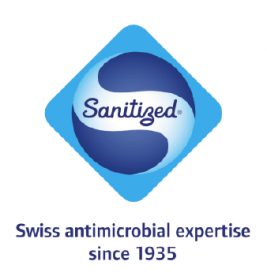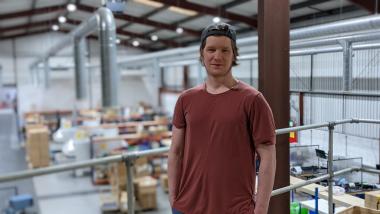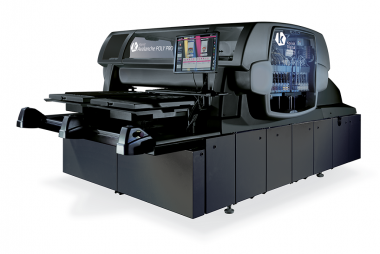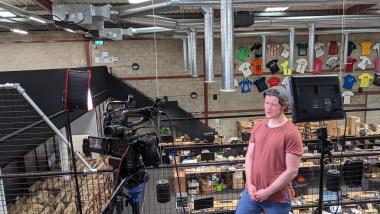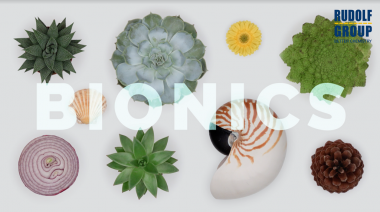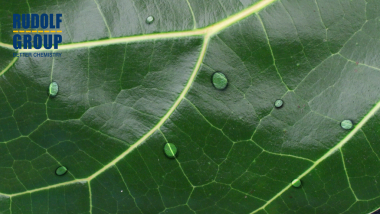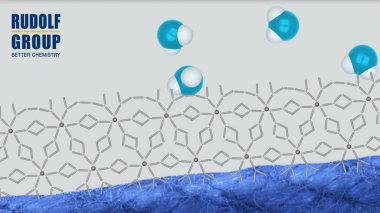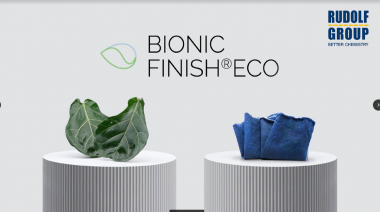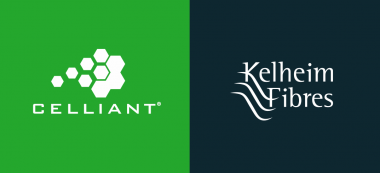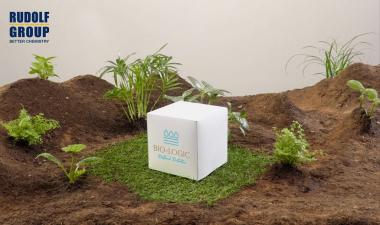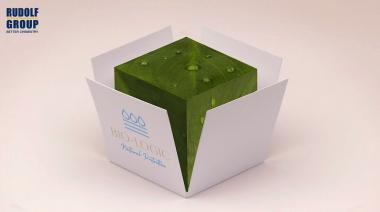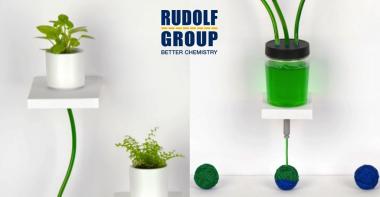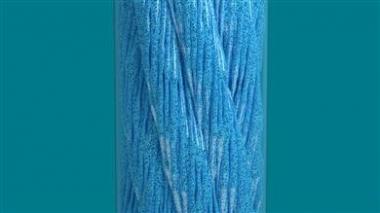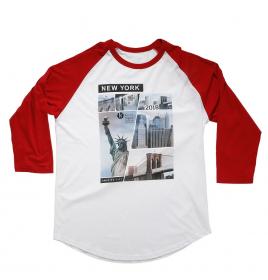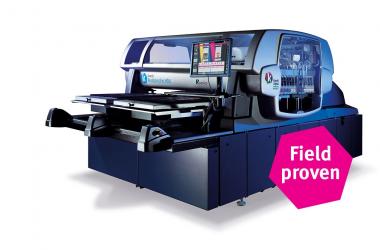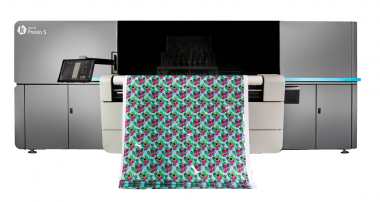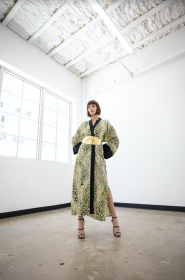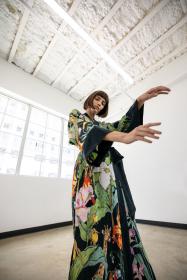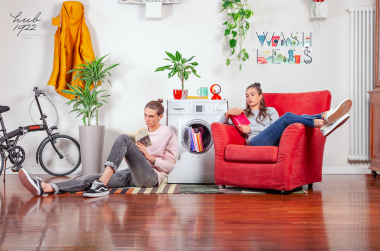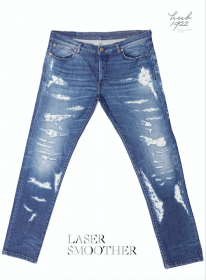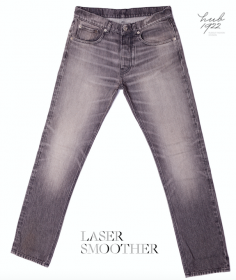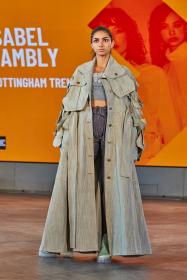Sanitized® T 99-19: 99.84 % protection against SARS CoV-2 on textiles
The antimicrobial protection of Sanitized® T 99-19 against the SARS-CoV-2 virus has been confirmed by independent labs in France (basis: ISO 18184:2019).
Textile and polymer products with Sanitized® antimicrobial treatment have been used in hygiene-sensitive areas for many years. For textiles, Sanitized® T 99-19 is a patented technology based on a silane-ammonia compound, a globally proven product. Its hygiene function is used in workwear and protective clothing for nursing staff, bed linen or mattresses in hotels, nursing care facilities and hospitals. Polyester goods for precisely these areas of application can now not only be antimicrobial, but also reliably protective against SARS CoV-2.
The antiviral efficacy (99.84 %) of the Sanitized® T 99-19 product has been officially confirmed by tests conducted by external labs.
Tests on end products, which were additionally carried out by textile manufacturers, also prove the effectiveness of Sanitized® T 99-19 against SARS CoV-2. License partners praise this confidence-building benefit of the end products. SANITIZED license partners receive concrete support in terms of marketing and legal aspects (health claims).
Avoid legal pitfalls when claiming antiviral protection
Advice and support for customers in achieving optimal hygiene protection for their products are an integral part of SANITIZED services. A claim guide has therefore been developed especially for products that protect against COVID-19.
https://www.sanitized.com/de/protection-against-covid-19-which-antiviral-advertising-claimsare-legal-sanitized-explains/
SANITIZED AG


